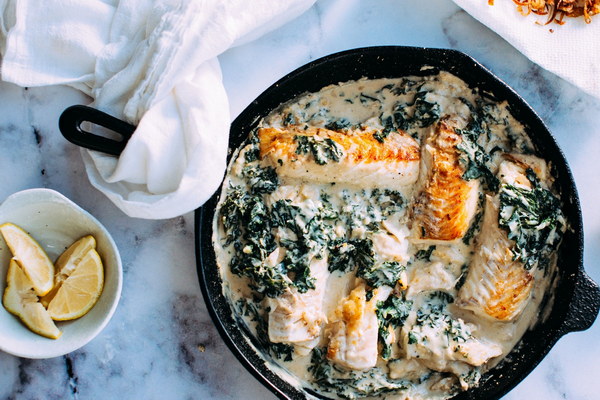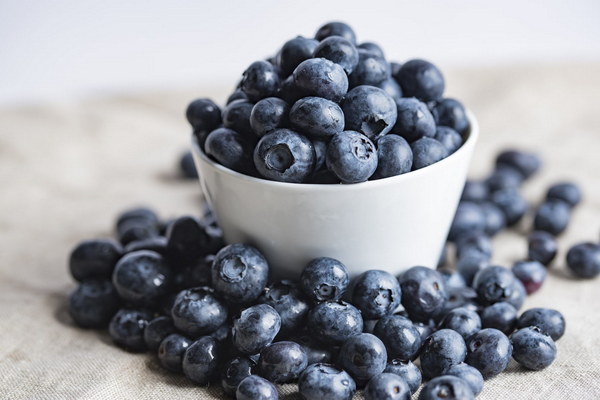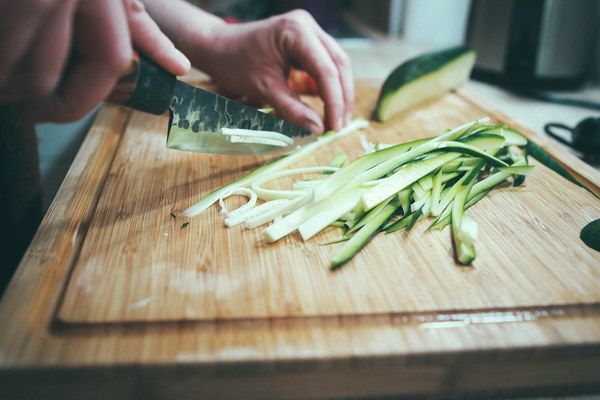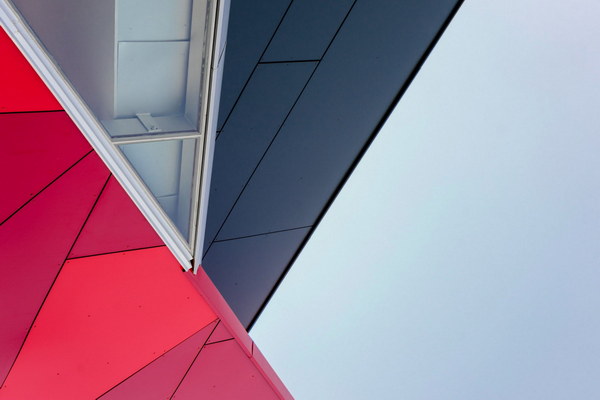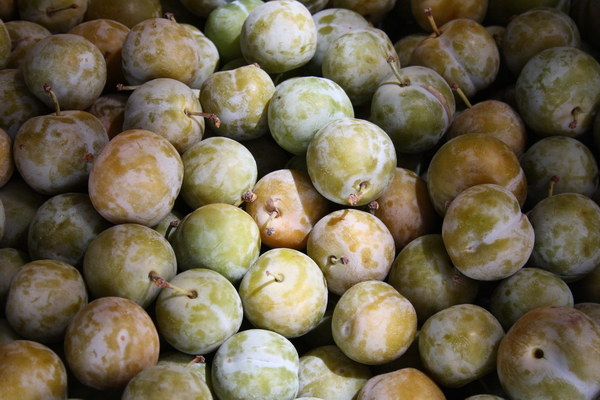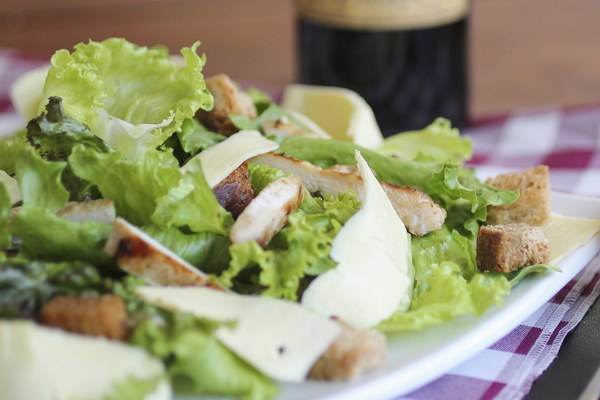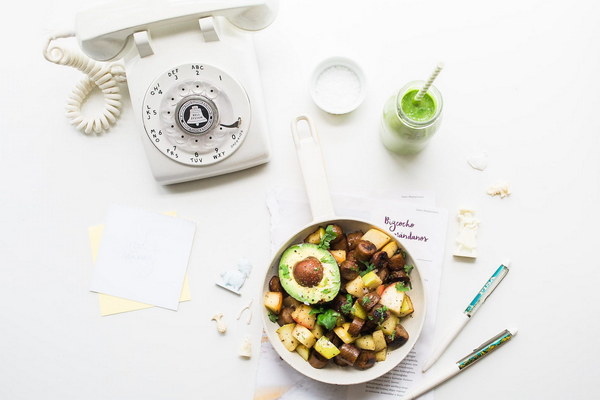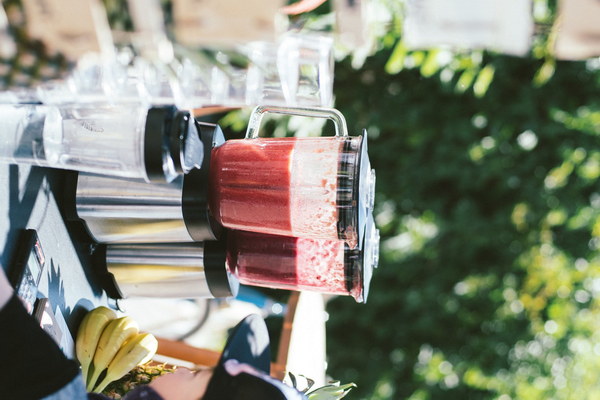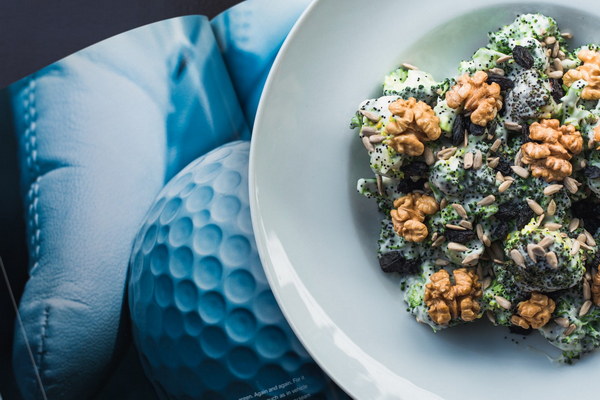The Effectiveness of Using Medicinal Plasters to Expel Dampness A Comprehensive Analysis
In traditional Chinese medicine, the concept of dampness is considered to be a major factor in many diseases and discomforts. Many people turn to medicinal plasters, also known as Baizhu Gao or Aconite plaster, as a natural and effective way to expel dampness from their bodies. But does this method really work? Let's delve into the topic and explore the effectiveness of using medicinal plasters to expel dampness.
First, it's essential to understand what dampness is in the context of traditional Chinese medicine. Dampness is believed to be a type of pathological factor that can lead to various health issues, such as fatigue, edema, joint pain, and even more severe conditions like damp-heat syndrome. The theory is that dampness accumulates in the body due to an imbalance in Yin and Yang, leading to a weakened immune system and other health problems.
Medicinal plasters are adhesive patches containing various herbs and active ingredients that are believed to help expel dampness. The most common herbs used in these plasters include Aconite, Baizhu (white atractylodes), and Cangzhu (atractylodes). These ingredients are thought to have warming, drying, and invigorating properties, which can help to eliminate dampness and improve overall health.
The effectiveness of medicinal plasters in expelling dampness can be attributed to several factors:
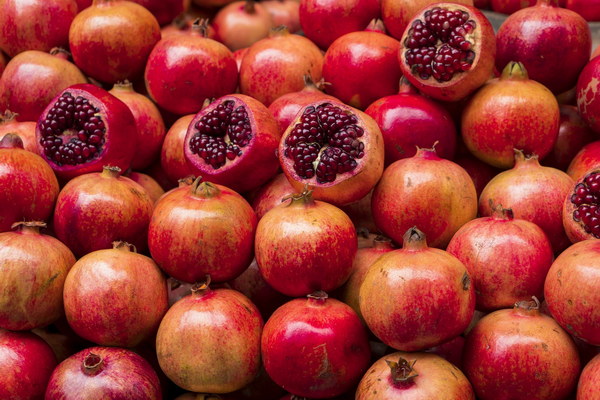
1. Direct Application: By applying the plaster directly to the skin, the active ingredients can penetrate the skin and enter the bloodstream more quickly, allowing for a more targeted approach to treating dampness.
2. Localized Treatment: Since dampness is believed to accumulate in specific areas of the body, such as the lower back, abdomen, or legs, the localized application of plasters can help to target these areas more effectively than oral medications.
3. Herbs with Warming and Drying Properties: The ingredients in medicinal plasters, such as Aconite and Baizhu, are known for their warming and drying properties, which can help to eliminate dampness and improve circulation in the affected areas.
However, it is important to note that the effectiveness of medicinal plasters may vary from person to person. Some individuals may experience relief from their symptoms, while others may not see any significant improvements. Several factors can influence the effectiveness of these plasters:
1. Individual Differences: Different people have varying levels of dampness in their bodies, and the response to treatment can vary accordingly.
2. Quality of Plasters: The quality and purity of the herbs used in the plasters can greatly affect their effectiveness. It's important to choose plasters from reputable brands that use high-quality ingredients.
3. Timing and Duration: The effectiveness of plasters can also be influenced by the timing and duration of treatment. It's essential to follow the instructions provided by the manufacturer and consult with a healthcare professional if necessary.
In conclusion, while medicinal plasters are believed to be effective in expelling dampness, their effectiveness can vary among individuals. It's important to consult with a healthcare professional before starting any treatment, and to choose high-quality plasters with proven ingredients. By combining traditional Chinese medicine with modern healthcare, individuals can work towards achieving a balanced and healthy state of being.
